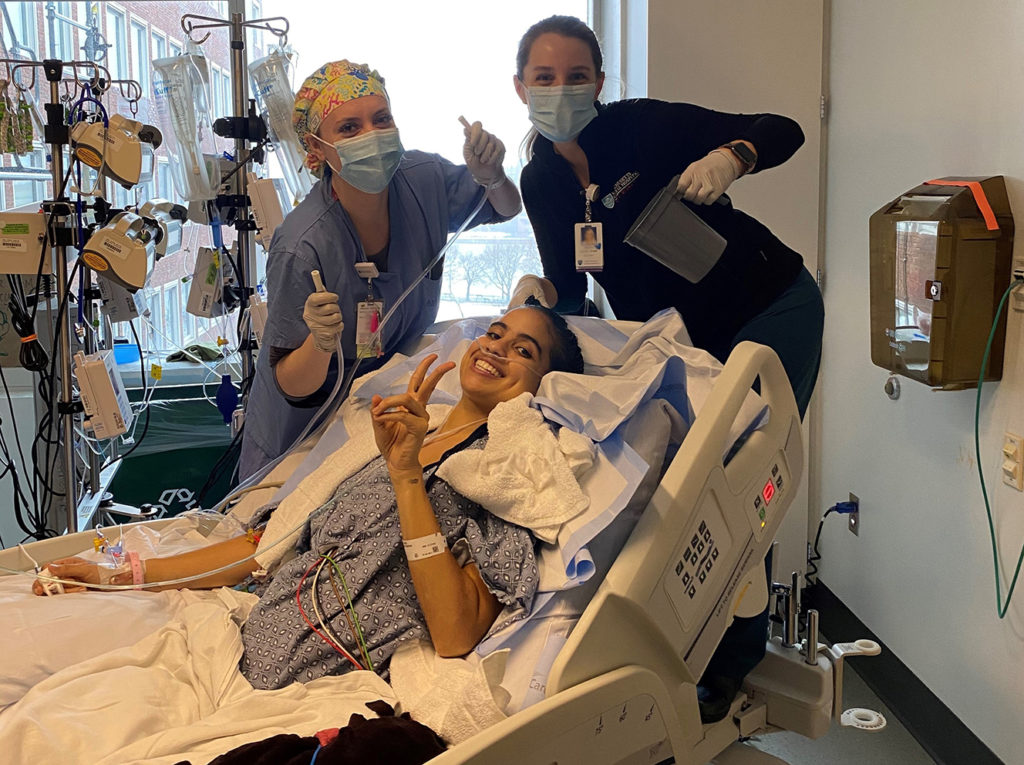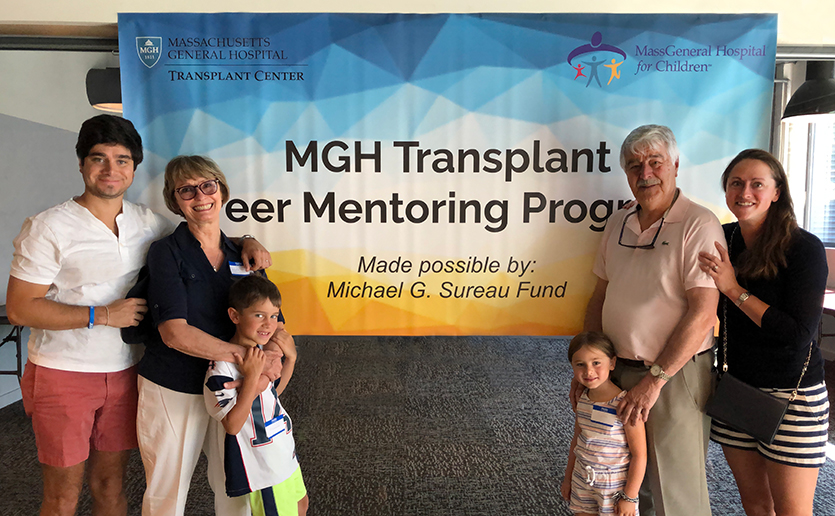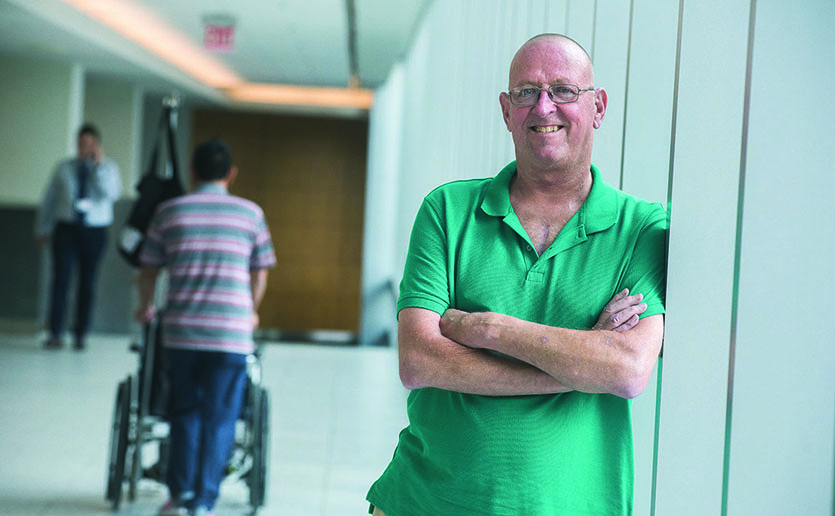Black and Hispanic patients are two to four times more likely to suffer from kidney failure or end-stage renal disease (ESRD), but, until recently, they made up only one in four patients on the transplant waitlist at Massachusetts General Hospital. The Equity in Kidney Transplants (EqKT) Initiative was launched to increase the number of Black and Hispanic patients receiving successful transplants and comprehensive renal care. We asked lead nephrologist Abraham Cohen-Bucay, MD, and surgical director of the Kidney Transplant Program, Nahel Elias, MD, about the program’s first year.
Why are Black and Hispanic patients at greater risk of kidney failure?
Dr. Cohen-Bucay: It’s a combination of things. Black people have a higher rate of a genetic mutation that protects against African trypanosomiasis, a deadly parasitic infection, but puts them at higher risk for kidney disease. Hispanic people are genetically more at risk for diabetes, the most common cause of kidney disease. Then there are systemic issues, like less access to fresh food, quality health care and paid time off for doctor’s appointments, that can cause a patient’s health to deteriorate. And finally, there is bias within the health care system: Transplant is the best treatment for ESRD — and more effective when done before starting dialysis — but doctors often refer Black and Hispanic patients for dialysis rather than educating them about transplants.
How is Mass General increasing equity for patients with kidney failure?
Dr. Elias: We helped change how kidney function is calculated. For decades, national guidelines included a multiplier for Blacks that often overestimated their kidney function and delayed referral for transplant evaluation. Mass General was a leader in ending the use of that multiplier — a recommendation that’s since been adopted by the National Kidney Foundation and the Organ Procurement and Transplantation Network (OPTN), which regulates organ donation. But we knew we could do more.
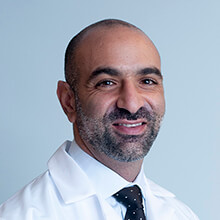
What does the EqKT Initiative entail?
Dr. Cohen-Bucay: The EqKT Initiative provides comprehensive support from evaluation to waitlisting to transplant and aftercare. Our bilingual team sees patients at the MGH Chelsea HealthCare Center and at other clinics with a high percentage of Black and Hispanic patients. We also developed a virtual program to help patients and families understand the benefits and complexities of transplant. Throughout the evaluation process, and even post-transplant, our health and wellness navigator ensures patients have the support they need as we work to find a match.
What are some results from the first year?
Dr. Cohen-Bucay: In the first nine months, we enrolled 24 new patients on the transplant waitlist. One has already gone through the entire process and received a transplant. The EqKT Initiative helped her with transportation, medications, immediate post-surgery support and ongoing medical care. She is six months out from the transplant and doing very well — healthier and more independent than she’s been in years.
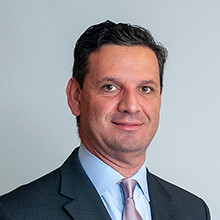
What’s next?
Dr. Elias: Mass General has the expertise to treat the most complex cases, and the EqKT Initiative is increasing the number of Black and Hispanic patients benefiting from this care. We hope to expand the days our team is at MGH Chelsea and other partner clinics, and add another health and wellness navigator as we see more patients — there’s tremendous opportunity for growth.
To support or learn more about the Equity in Kidney Transplants (EqKT) Initiative, please contact us.

